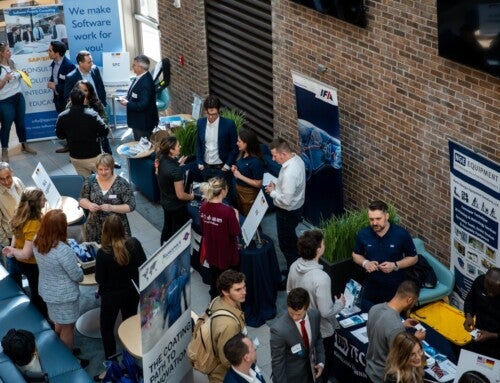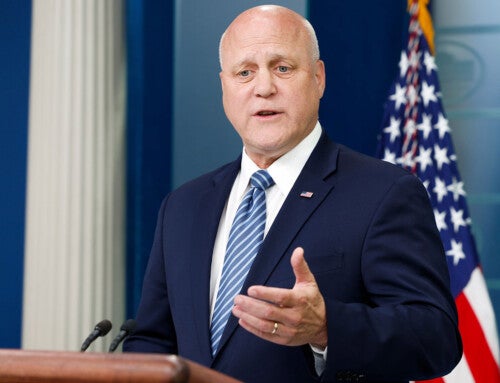A new study by The Riley Center for Livable Communities at the College of Charleston, Together SC, SC Grantmakers Network and funding partners shows that COVID-19 has had a major impact on South Carolina’s nonprofit organizations.
 The survey was distributed through United Way chapters, community foundations, philanthropic foundations and Together SC to nearly 3,000 charitable organizations. The vast majority of the 566 responses were submitted by presidents/CEOs/executive directors of participating organizations.
The survey was distributed through United Way chapters, community foundations, philanthropic foundations and Together SC to nearly 3,000 charitable organizations. The vast majority of the 566 responses were submitted by presidents/CEOs/executive directors of participating organizations.
As the COVID-19 pandemic sweeps through South Carolina the demand for services from the state’s nonprofit sector has increased and strained resources. At the same time, fee-based services and fundraising events have been canceled stifling cash flow for many of these organizations.
Key findings revealed by responding nonprofits include:
- Five percent indicate they are out of funds now.
- 29 percent say they can only operate for three more months without additional financial support. Nearly two-thirds (63 percent) of nonprofits indicate they can survive for only six months or less without additional funding.
- Since COVID-19, in total, 76 percent report a decrease in funding, while 24 percent indicate a slight or significant increase. There is great variation by sector with arts, culture and the humanities being the most negatively affected and human services and public and social benefits faring better.
- Looking forward through the end of the calendar year, South Carolina’s nonprofits have significant needs to continue their missions, further adapt their service models and offset lost revenue from cancelled galas and fundraising events. Fifty-four percent report that their greatest need is cash to meet operating needs due to lost revenue. In aggregate, responding nonprofits need more than $61 million to replace lost revenues and sustain themselves through the end of the calendar year.
“We are grateful for the partnership that sponsored this study and for the College of Charleston’s Riley Center for designing and executing it. With a better understanding of the depth and breadth of the crisis nonprofits are facing, Together SC and our allies for good hope to ensure that key community assets across the state can continue to serve the people of South Carolina,” said Madeleine McGee, president of Together SC.
“Every sector of South Carolina’s economy has taken a hit from COVID-19, but finding a way to support the nonprofit sector is essential as many of these organizations serve vulnerable populations who have nowhere else to turn. This is an ‘all hands-on-deck’ situation where nonprofits need government, philanthropic, corporate and individual support to sustain through the uncertain end of the pandemic,” said Bob Kahle, associate director of the Riley Center.
The Riley Center for Livable Communities at the College of Charleston conducted this survey from Sept. 1-8, 2020, in partnership with Together SC, the South Carolina Grantmakers Network, the United Way Association of South Carolina, the Greenville Partnership for Philanthropy, the Community Foundation of Greenville and the NonProfit Alliance Greenville. A total of 566 nonprofit organizations in South Carolina completed the 33-question survey.



